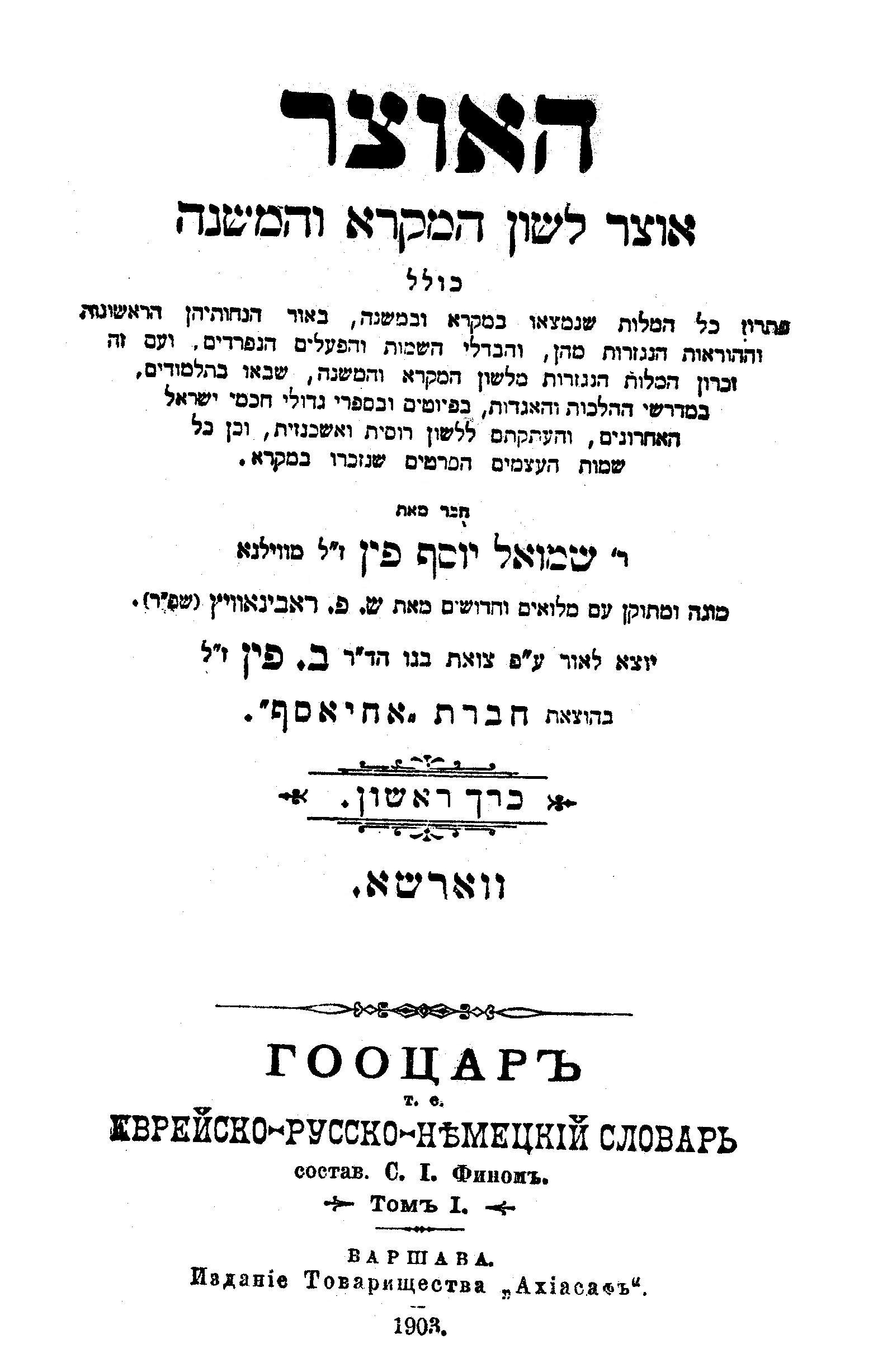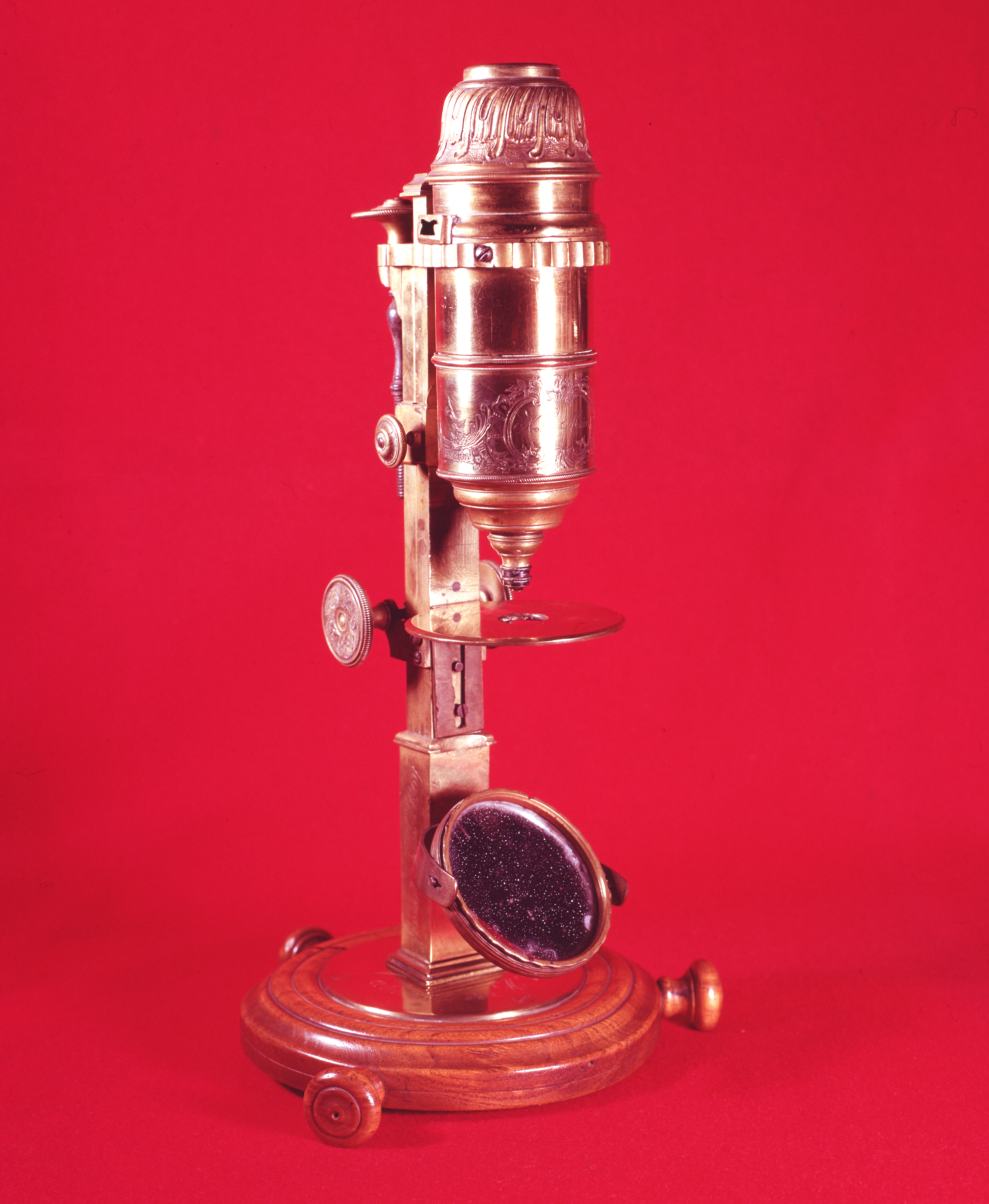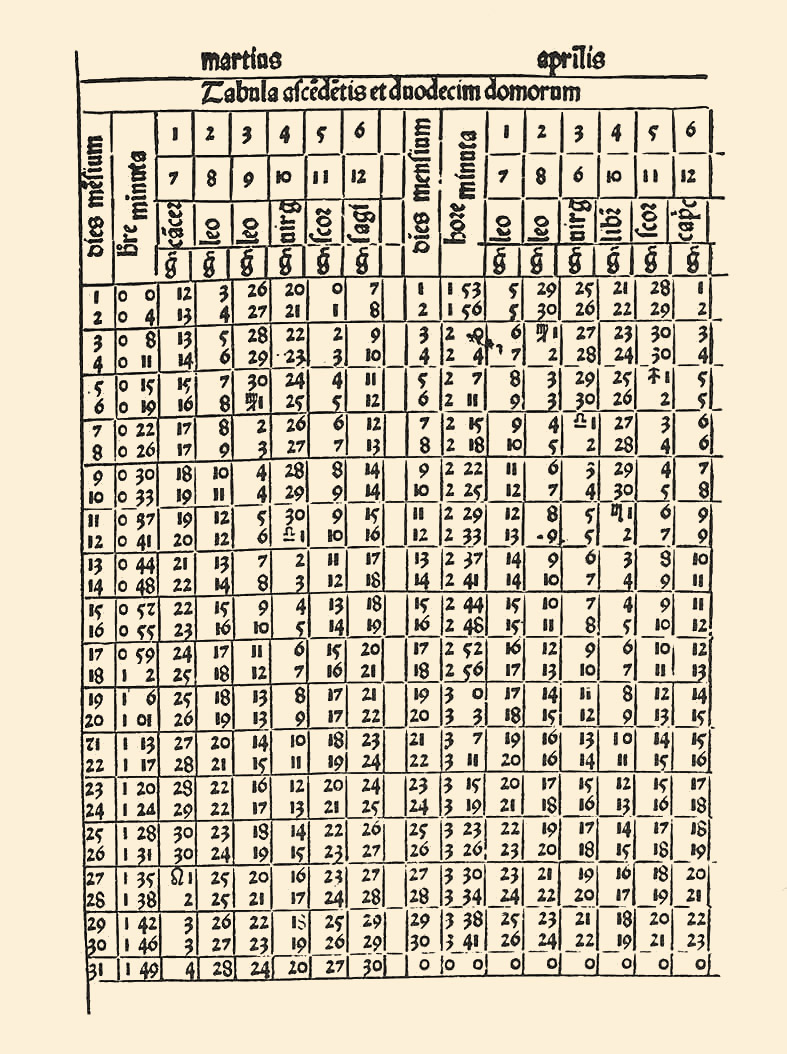|
Abraham Wilna
Abraham ben Elijah of Vilna was a Jewish Talmudist who lived in Lithuania. There is some debate as to when he was born. Some place his birth as early as 1749, but more recent scholarship suggests he was actually born in 1766. He was born in Vilna and died there on December 14, 1808. He was the son of Elijah, the Vilna Gaon, the most famous Talmudist of modern times. He was educated under the supervision of his father, who was famous both for his opposition to both the Hasidic movement, and the dry scholasticism which dominated the rabbinic leadership of Poland at that time. According to the custom of the time, he married at the age of twelve, but continued his studies in the Talmudic colleges in other cities, and after a few years returned home, where he completed his studies under his father. Like his father, he never officiated as rabbi, but was a highly respected member of the Jewish community of Vilna, in which he held various offices. Works It was due to his father's influe ... [...More Info...] [...Related Items...] OR: [Wikipedia] [Google] [Baidu] |
Talmud
The Talmud (; he, , Talmūḏ) is the central text of Rabbinic Judaism and the primary source of Jewish religious law (''halakha'') and Jewish theology. Until the advent of modernity, in nearly all Jewish communities, the Talmud was the centerpiece of Jewish cultural life and was foundational to "all Jewish thought and aspirations", serving also as "the guide for the daily life" of Jews. The term ''Talmud'' normally refers to the collection of writings named specifically the Babylonian Talmud (), although there is also an earlier collection known as the Jerusalem Talmud (). It may also traditionally be called (), a Hebrew abbreviation of , or the "six orders" of the Mishnah. The Talmud has two components: the Mishnah (, 200 CE), a written compendium of the Oral Torah; and the Gemara (, 500 CE), an elucidation of the Mishnah and related Tannaitic writings that often ventures onto other subjects and expounds broadly on the Hebrew Bible. The term "Talmud" may refer to eith ... [...More Info...] [...Related Items...] OR: [Wikipedia] [Google] [Baidu] |
Zohar
The ''Zohar'' ( he, , ''Zōhar'', lit. "Splendor" or "Radiance") is a foundational work in the literature of Jewish mystical thought known as Kabbalah. It is a group of books including commentary on the mystical aspects of the Torah (the five books of Moses) and scriptural interpretations as well as material on mysticism, mythical cosmogony, and mystical psychology. The ''Zohar'' contains discussions of the nature of God, the origin and structure of the universe, the nature of souls, redemption, the relationship of Ego to Darkness and "true self" to "The Light of God". The ''Zohar'' was first publicized by Moses de León (c. 1240 – 1305 CE), who claimed it was a Tannaitic work recording the teachings of Simeon ben Yochai (). This claim is universally rejected by modern scholars, most of whom believe de León, also an infamous forger of Geonic material, wrote the book himself between 1280 and 1286. Some scholars argue that the ''Zohar'' is the work of multiple medieval author ... [...More Info...] [...Related Items...] OR: [Wikipedia] [Google] [Baidu] |
18th-century Births
The 18th century lasted from January 1, 1701 ( MDCCI) to December 31, 1800 ( MDCCC). During the 18th century, elements of Enlightenment thinking culminated in the American, French, and Haitian Revolutions. During the century, slave trading and human trafficking expanded across the shores of the Atlantic, while declining in Russia, China, and Korea. Revolutions began to challenge the legitimacy of monarchical and aristocratic power structures, including the structures and beliefs that supported slavery. The Industrial Revolution began during mid-century, leading to radical changes in human society and the environment. Western historians have occasionally defined the 18th century otherwise for the purposes of their work. For example, the "short" 18th century may be defined as 1715–1789, denoting the period of time between the death of Louis XIV of France and the start of the French Revolution, with an emphasis on directly interconnected events. To historians who expand ... [...More Info...] [...Related Items...] OR: [Wikipedia] [Google] [Baidu] |
18th-century Lithuanian Rabbis
The 18th century lasted from January 1, 1701 (Roman numerals, MDCCI) to December 31, 1800 (Roman numerals, MDCCC). During the 18th century, elements of Age of Enlightenment, Enlightenment thinking culminated in the American Revolution, American, French Revolution, French, and Haitian Revolution, Haitian Revolutions. During the century, History of slavery, slave trading and human trafficking expanded across the shores of the Atlantic Ocean, Atlantic, while declining in Russian Empire, Russia, Qing dynasty, China, and Joseon, Korea. Revolutions began to challenge the legitimacy of monarchical and aristocratic power structures, including the structures and beliefs that Proslavery, supported slavery. The Industrial Revolution began during mid-century, leading to radical changes in Society, human society and the Natural environment, environment. Western historians have occasionally defined the 18th century otherwise for the purposes of their work. For example, the "short" 18th ce ... [...More Info...] [...Related Items...] OR: [Wikipedia] [Google] [Baidu] |
Samuel Joseph Fuenn
Samuel Joseph Fuenn (; 15 October 1818 – 11 January 1891), also known as Rashi Fuenn () and Rashif (), was a Lithuanian Hebrew writer, scholar, printer, and editor. He was a leading figure of the eastern European Haskalah, and an early member of Ḥovevei Zion. Biography Fuenn was born in Vilna, Russian Empire, the son of merchant and Torah scholar Yitsḥak Aizik Fuenn of Grodno. Though he received a traditional religious education until the age of 17, he also acquired an extensive general knowledge of German literature and other secular subjects, and became proficient in Russian, French, Latin, Polish, and English. He afterwards joined Vilna's circle of young ''maskilim''. In 1848 the government appointed him teacher of Hebrew and Jewish history in the newly founded rabbinical school of Vilna. Fuenn filled this position with great distinction till 1856, when he resigned. The government then appointed him superintendent of the Jewish public schools in the district of Vilna, ... [...More Info...] [...Related Items...] OR: [Wikipedia] [Google] [Baidu] |
Targum Onkelos
Interlinear text of Hebrew Numbers 6.3–10 with British_Library.html"_;"title="Aramaic_Targum_Onkelos_from_the_British_Library">Aramaic_Targum_Onkelos_from_the_British_Library. Targum_Onkelos_(or_Onqelos;_Hebrew_language.html" "title="British_Library..html" ;"title="British_Library.html" ;"title="Aramaic Targum Onkelos from the British Library">Aramaic Targum Onkelos from the British Library.">British_Library.html" ;"title="Aramaic Targum Onkelos from the British Library">Aramaic Targum Onkelos from the British Library. Targum Onkelos (or Onqelos; Hebrew language">Hebrew: , ''Targūm ’Unqəlōs'') is the primary Jewish Aramaic targum ("translation") of the Torah, accepted as an authoritative translated text of the Five Books of Moses and thought to have been written in the early second century CE. Authorship Authorship of the Targum Onkelos is traditionally attributed to Onkelos, a famous convert to Judaism in Tannaic times (c. 35–120 CE). According to the Talmud, ... [...More Info...] [...Related Items...] OR: [Wikipedia] [Google] [Baidu] |
Menahem Mendel
Menahem or Menachem (, from a Hebrew word meaning "the consoler" or "comforter"; akk, 𒈪𒉌𒄭𒅎𒈨 ''Meniḫîmme'' 'me-ni-ḫi-im-me'' Greek: ''Manaem'' in the Septuagint, ''Manaen'' in Aquila; la, Manahem; full name: he, מְנַחֵם בֵּן-גדי, ''Menahem son of Gadi'') was the sixteenth king of the northern Israelite Kingdom of Israel. He was the son of Gadi, and the founder of the dynasty known as the House of Gadi or House of Menahem. In the Bible Menahem's ten-year reign is told in . When Shallum conspired against and assassinated Zechariah in Samaria, and set himself upon the throne of the northern kingdom, Menahem—who, like Shallum, had served as a captain in Zechariah's army—refused to recognize the murderous usurper. Menahem marched from Tirzah to Samaria, about six miles westwards and laid siege to Samaria. He took the city, murdered Shallum a month into his reign (), and set himself upon the throne. () According to Josephus, he was a genera ... [...More Info...] [...Related Items...] OR: [Wikipedia] [Google] [Baidu] |
Georges-Louis Leclerc, Comte De Buffon
Georges-Louis Leclerc, Comte de Buffon (; 7 September 1707 – 16 April 1788) was a French naturalist, mathematician, cosmologist, and encyclopédiste. His works influenced the next two generations of naturalists, including two prominent French scientists Jean-Baptiste Lamarck and Georges Cuvier. Buffon published thirty-six quarto volumes of his ''Histoire Naturelle'' during his lifetime, with additional volumes based on his notes and further research being published in the two decades following his death. Ernst Mayr wrote that "Truly, Buffon was the father of all thought in natural history in the second half of the 18th century".Mayr, Ernst 1981. ''The Growth of Biological Thought''. Cambridge: Harvard. p 330 Credited with being one of the first naturalists to recognize ecological succession, he was later forced by the theology committee at the University of Paris to recant his theories about geological history and animal evolution because they contradicted the Biblical na ... [...More Info...] [...Related Items...] OR: [Wikipedia] [Google] [Baidu] |
Abraham Zacuto
Abraham Zacuto ( he, , translit=Avraham ben Shmuel Zacut, pt, Abraão ben Samuel Zacuto; 12 August 1452 – ) was a Castilian astronomer, astrologer, mathematician, rabbi and historian who served as Royal Astronomer to King John II of Portugal. His astrolabe of copper, his astronomical tables and maritime charts played an important role in the Spanish and Portuguese navigation capability. They were used by Vasco Da Gama and Christopher Columbus. The crater Zagut on the Moon is named after him. Life Zacuto was born in Salamanca, Castile in 1452. He may have studied and taught astronomy at the University of Salamanca. He later taught astronomy at the universities of Zaragoza and then Carthage. He was well versed in Jewish Law, and was the rabbi of his community. With the Catholic Monarchs of Spain issuing the 1492 Alhambra Decree ordering the expulsion of the Jews, Zacuto took refuge in Lisbon, Portugal. Already famous in academic circles, he was invited to court and nom ... [...More Info...] [...Related Items...] OR: [Wikipedia] [Google] [Baidu] |
Shimon Bar Yochai
Shimon bar Yochai ( Zoharic Aramaic: שמעון בר יוחאי, ''Shim'on bar Yoḥai'') or Shimon ben Yochai (Mishnaic Hebrew: שמעון בן יוחאי, ''Shim'on ben Yoḥai''), also known by the acronym Rashbi, was a 2nd-century ''tannaitic'' sage in ancient Judea, said to be active after the destruction of the Second Temple in 70 CE. He was one of the most eminent disciples of Rabbi Akiva. The ''Zohar'', a 13th century foundational work of Kabbalah, is ascribed to him by Qabbalistic tradition, but this claim is universally rejected by scholars. In addition, the important legal works called Sifre and Mekhilta are attributed to him (not to be confused with the Mekhilta of Rabbi Ishmael, of which much of the text is the same). In the Mishnah, where he is the fourth-most mentioned sage, he is referred to as simply "Rabbi Shimon" (except Hagigah 1:7 and Avot 6:8). In the baraita, midrash and gemara his name occurs either as Shimon or as Shimon ben Yochai. According to modern ... [...More Info...] [...Related Items...] OR: [Wikipedia] [Google] [Baidu] |
Samuel Luria
Samuel ''Šəmūʾēl'', Tiberian: ''Šămūʾēl''; ar, شموئيل or صموئيل '; el, Σαμουήλ ''Samouḗl''; la, Samūēl is a figure who, in the narratives of the Hebrew Bible, plays a key role in the transition from the biblical judges to the United Kingdom of Israel under Saul, and again in the monarchy's transition from Saul to David. He is venerated as a prophet in Judaism, Christianity, and Islam. In addition to his role in the Hebrew scriptures, Samuel is mentioned in Jewish rabbinical literature, in the Christian New Testament, and in the second chapter of the Quran (although Islamic texts do not mention him by name). He is also treated in the fifth through seventh books of ''Antiquities of the Jews'', written by the Jewish scholar Josephus in the first century. He is first called "the Seer" in 1 Samuel 9:9. Biblical account Family Samuel's mother was Hannah and his father was Elkanah. Elkanah lived at Ramathaim in the district of Zuph. His geneal ... [...More Info...] [...Related Items...] OR: [Wikipedia] [Google] [Baidu] |
Lithuania
Lithuania (; lt, Lietuva ), officially the Republic of Lithuania ( lt, Lietuvos Respublika, links=no ), is a country in the Baltic region of Europe. It is one of three Baltic states and lies on the eastern shore of the Baltic Sea. Lithuania shares land borders with Latvia to the north, Belarus to the east and south, Poland to the south, and Russia to the southwest. It has a Maritime boundary, maritime border with Sweden to the west on the Baltic Sea. Lithuania covers an area of , with a population of 2.8 million. Its capital and largest city is Vilnius; other major cities are Kaunas and Klaipėda. Lithuanians belong to the ethno-linguistic group of the Balts and speak Lithuanian language, Lithuanian, one of only a few living Baltic languages. For millennia the southeastern shores of the Baltic Sea were inhabited by various Balts, Baltic tribes. In the 1230s, Lithuanian lands were united by Mindaugas, Monarchy of Lithuania, becoming king and founding the Kingdom of Lithuania ... [...More Info...] [...Related Items...] OR: [Wikipedia] [Google] [Baidu] |







